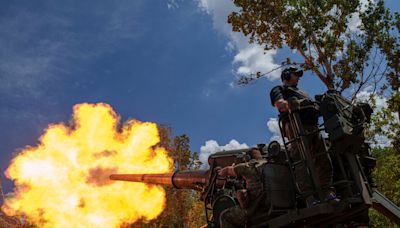Search results
4 days ago · The history of life on Earth traces the processes by which living and fossil organisms evolved, from the earliest emergence of life to present day.
Jun 12, 2024 · Living history means learning from the past to teach its lessons to the younger generation, Gapido says. “[Filipinos] are so resilient that we tend to forget.
2 days ago · Stone Age, prehistoric cultural stage, or level of human development, characterized by the creation and use of stone tools, the oldest known of which date to some 3.3 million years ago. The Stone Age is usually divided into three separate periods: Paleolithic, Mesolithic, and Neolithic.
Jun 21, 2024 · Step into a world where history comes alive, quite literally. Living history farms across the nation offer a unique glimpse into the rural life of yesteryears, letting you immerse yourself in the sights, sounds, and smells of a bygone era.
Jun 8, 2024 · human evolution, the process by which human beings developed on Earth from now-extinct primates. Viewed zoologically, we humans are Homo sapiens, a culture -bearing upright-walking species that lives on the ground and very likely first evolved in Africa about 315,000 years ago.
Jun 11, 2024 · Living history museums bring the past to life by holding time in aspic, taking us to an era of history in a you-are-there time machine. Here are 10 destination-worthy visits that show us Britain as it was then—from Celtic roundhouses to textile mills.
3 days ago · History is an academic discipline which uses a narrative to describe, examine, question, and analyze past events, and investigate their patterns of cause and effect. [6] [7] Historians debate which narrative best explains an event, as well as the significance of different causes and effects.






